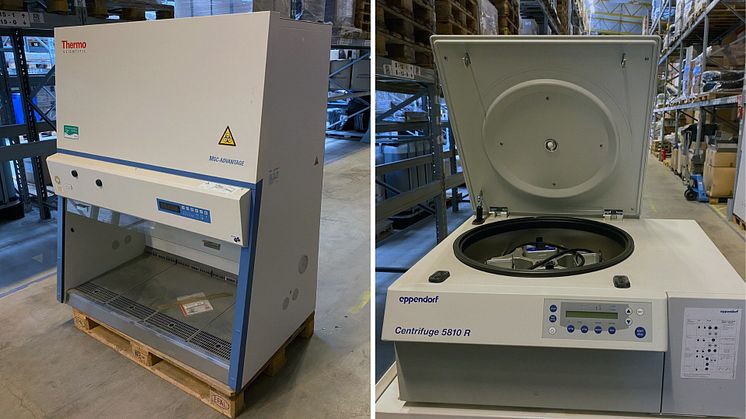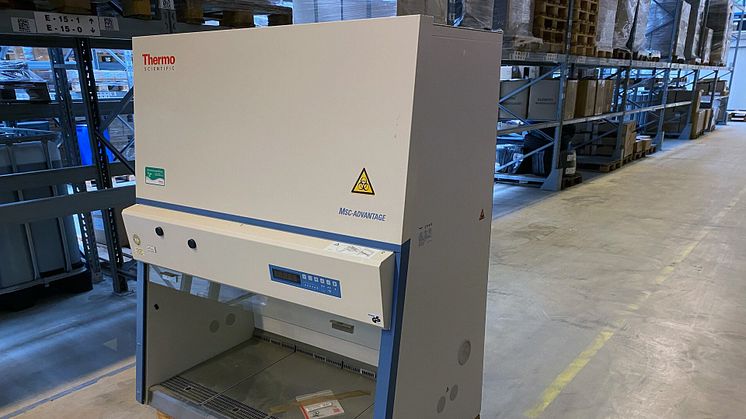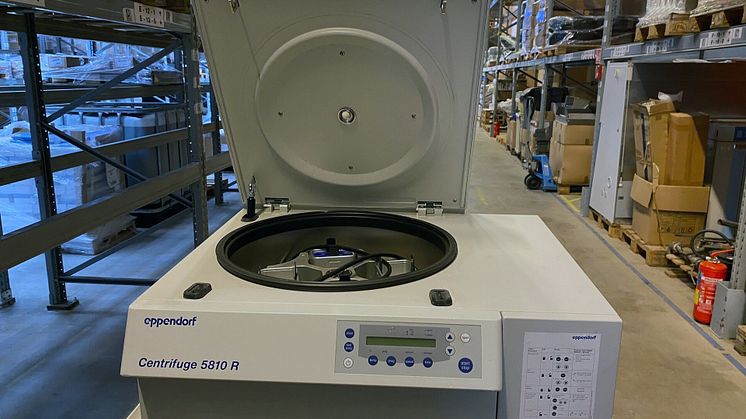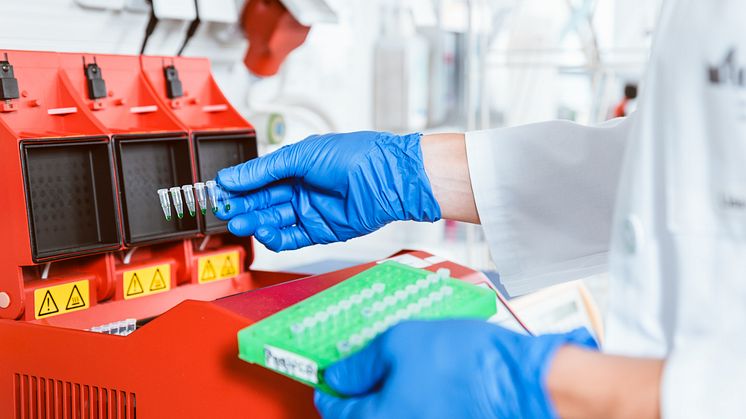
Press release -
From manufacturer to condition: The most important factors when buying used laboratory equipment
From manufacturer to visual condition: How to avoid costly mistakes and risks when buying used laboratory equipment. While factors like maintenance history and brand are important, other factors such as location or, surprisingly, the visual condition play a lesser or no role in making a safe choice.
In the pharmaceutical industry, the cost of acquiring laboratory equipment is one of the biggest financial hurdles, especially for smaller laboratories and startups. The good news is that the second-hand market increasingly provides access to high-quality equipment. Devices such as centrifuges, safety workbenches, pH meters, and microscopes, which are essential standard equipment in any modern laboratory, can be purchased there at a fraction of the cost of new equipment. But how can one recognise the quality and reliability when buying used laboratory equipment? Here's what to look out for when buying used lab technology... or perhaps not.
Core aspects when buying used laboratory equipment
Manufacturer and model – this is crucial when it comes to purchasing used laboratory equipment. Well-known manufacturers often stand for the durability and reliability of their products. In addition, the availability of spare parts is ensured. Another advantage of buying used is that there are already users who have had extensive experience with the same or similar models and have provided reviews and feedback on the devices.
For the condition of a used device, age, operating hours, and maintenance are important indicators. A recent year of manufacture and few operating hours usually indicate a longer remaining lifespan. The maintenance history is also a critical factor, as it can reveal how well the device has been maintained over time.
The trading platform is also worth a look. An established marketplace ensures that all transactions are transparent and secure. A reliable and proven marketplace offers not only a wide range of devices but also a multilingual service that significantly simplifies the purchasing process. Particularly valuable are platforms that offer comprehensive services such as support with customs clearance, export, and transport.
External factors are less important in used purchases
This brings us to a factor that should have little influence on the purchasing decision, although many buyers still attach great importance to the location of the devices. Small and medium-sized laboratory devices can usually be shipped easily and safely. And if one buys from a service-oriented platform, there is no need to worry about the shipping of goods.
The visual condition of used devices should also not be decisive, as it can be misleading. While dust and dirt may be off-putting at first glance, savvy buyers should differentiate between cosmetic flaws and actual functional impairments. In fact, a dusty or outwardly unkempt device can be a hidden bargain. Often such superficial flaws deter potential buyers, which reduces demand and thus the price.
The reason for a device being sold is also not necessarily an indicator of its quality or suitability. Devices are often sold simply because they are no longer needed or because they have been replaced by newer models. This does not mean that they cannot be of value to another user. Especially in insolvencies, relatively new and well-maintained devices often come onto the market. Although prices may tend to be higher, the time-critical sales pressure in an insolvency pushes prices back down. Therefore, the reason for disposal has no influence on the quality, performance, or price of the device.
Whether a device is bought at an auction or at a fixed price should also not be decisive for the purchasing decision. Both sales channels have their advantages. While auctions often offer the opportunity to purchase at a lower price, fixed-price dealers offer an immediate purchase conclusion with full price security.
Next opportunity for modern second-hand laboratory technology
One of the auction houses that regularly offers high-quality laboratory technology for the pharmaceutical industry is Surplex. There, buyers will find not only a selection of affordable devices but also a 20-language comprehensive service and expertise. The next opportunity: On 23/05, an auction with nearly 50 items from the field of pharmaceutical laboratory equipment ends. The devices on offer include, among others, a tabletop centrifuge EPPENDORF 5810 R, a biological safety workbench THERMO SCIENTIFIC, and an ultra-low temperature freezer Panasonic MDF-DU300H-PE.
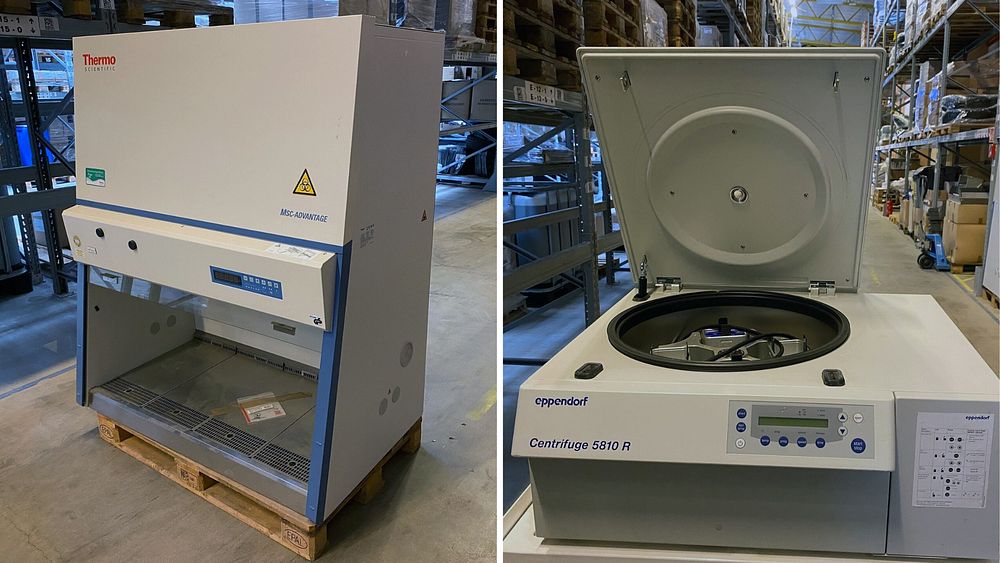
Related links
Categories
About Surplex
Surplex has been one of Europe’s leading industrial auction houses for 25 years and trades worldwide in used machines and factory equipment. The 18-language auction platform Surplex.com has over 125,000 registered customers. Around 1,000 online auctions are held annually, with more than 400,000 industrial products sold to date. The company is based in Düsseldorf and has offices in 16 European countries. More than 220 employees from 27 different nations provide a full service in 20 languages.


